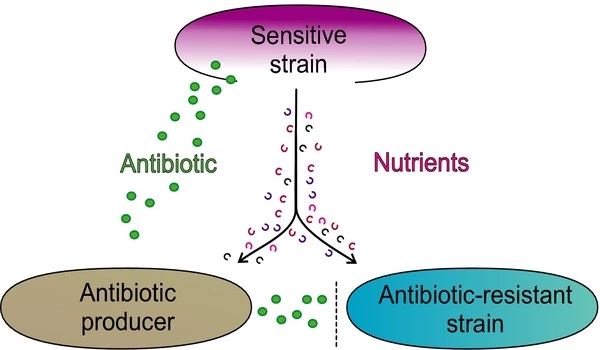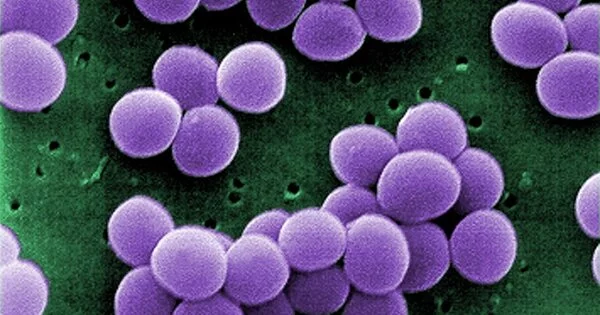Antibiotic discovery in the previous century reduced mortality and morbidity due to infectious diseases, but their inappropriate and irrational use resulted in the emergence of resistant microbial populations. Pathogenic bacteria develop intrinsic antibiotic resistance through the modification of target sites, active efflux of drugs, and enzymatic degradations.
Antibiotic resistance is currently a major public health issue. Since the discovery of new antibiotics does not appear to be a sufficient tool in the fight against multidrug-resistant infections, adjuvant therapy, which reduces bacterial virulence, is gaining importance. Silymarin is a flavonolignan complex found in milk thistle that has a wide range of biological activities, including the ability to modulate drug resistance in cancer.
Infections by Staphylococcus aureus cause severe diseases with high morbidity and mortality. One alternative to antibiotics is adjuvant therapy, where the mechanism of resistance is specifically inhibited, and the previously ineffective antibiotic regains its antimicrobial effects.
Flavonolignans have been part of the human diet for centuries, and have no adverse health effects. Numerous studies have demonstrated that flavonolignans have potent anticancer effects, and can restore the susceptibility of drug-resistant cancer cell lines.
Flavonolignans have shown promising results in this treatment approach. The authors of a recent study published in Biomedicine & Pharmacotherapy focused on flavonolignans’ ability to inhibit intercellular bacterial communication and bacterial cell adhesion to the surface.
Researchers from the University of Chemistry and Technology in Prague discovered that optically pure flavonolignans, in particular, have great potential as adjunct therapeutics in the control of Staphylococcus aureus infections. Flavonolignans have no or negligible toxicity and no antibiotic activity of their own, preventing the development of resistance.

Flavonolignans have been part of the human diet for centuries, and have no adverse health effects. Numerous studies have demonstrated that flavonolignans have potent anticancer effects, and can restore the susceptibility of drug-resistant cancer cell lines. The research paper also highlights the need for the use of pure stereomers in the evaluation of biological activities.
“These compounds deserve more attention because they show promise for adjuvant therapies and reduce the virulence of antibiotic-resistant bacterial strains,” says Jan Lipov, Ph.D.
Microbial resistance to traditional antibiotics, as well as its rapid spread, has caused serious concern in the treatment of infectious diseases. Many studies have recently been directed toward finding promising solutions to these problems. Through various mechanisms of action, phytochemicals have shown potential antibacterial activity against sensitive and resistant pathogens.





